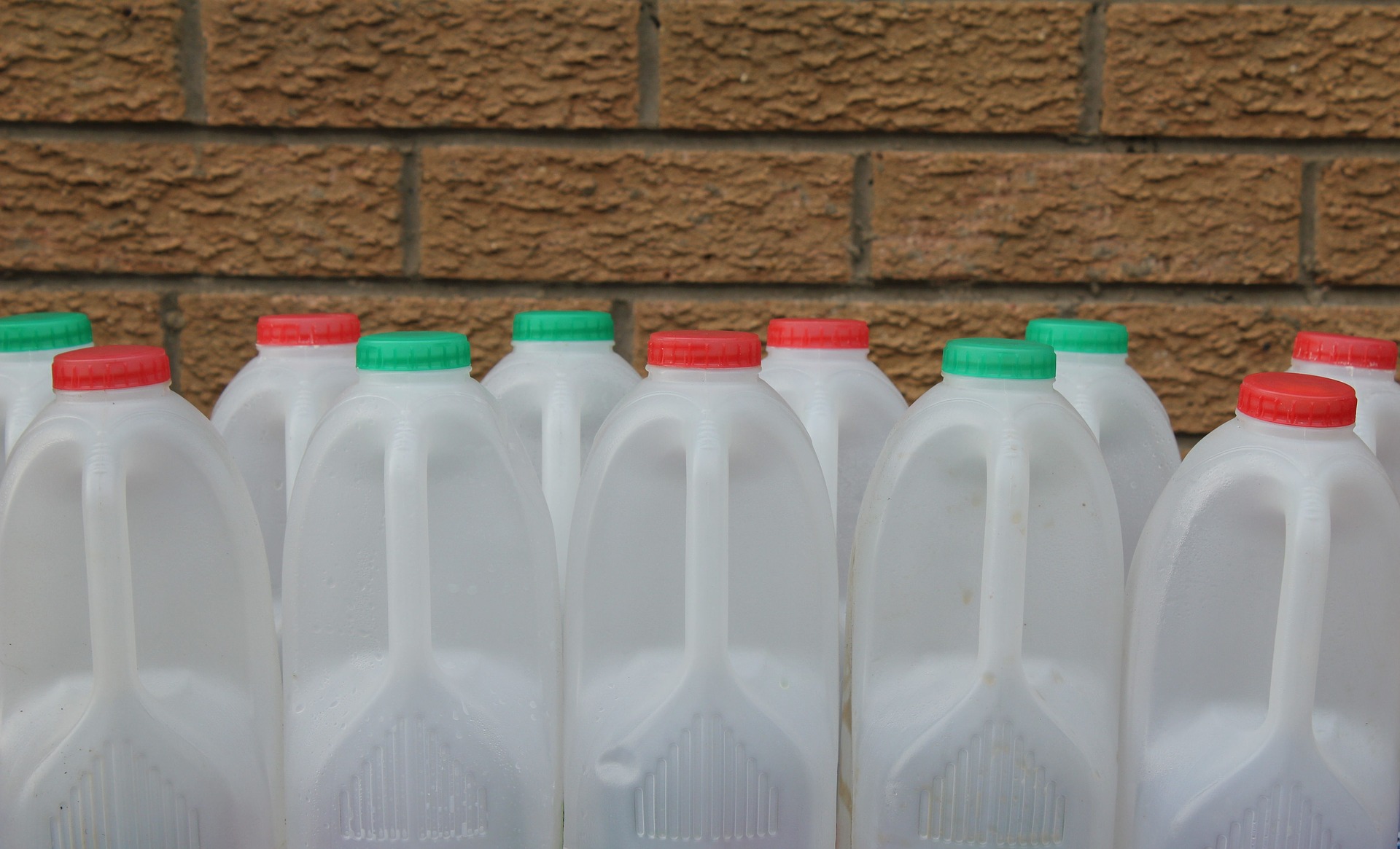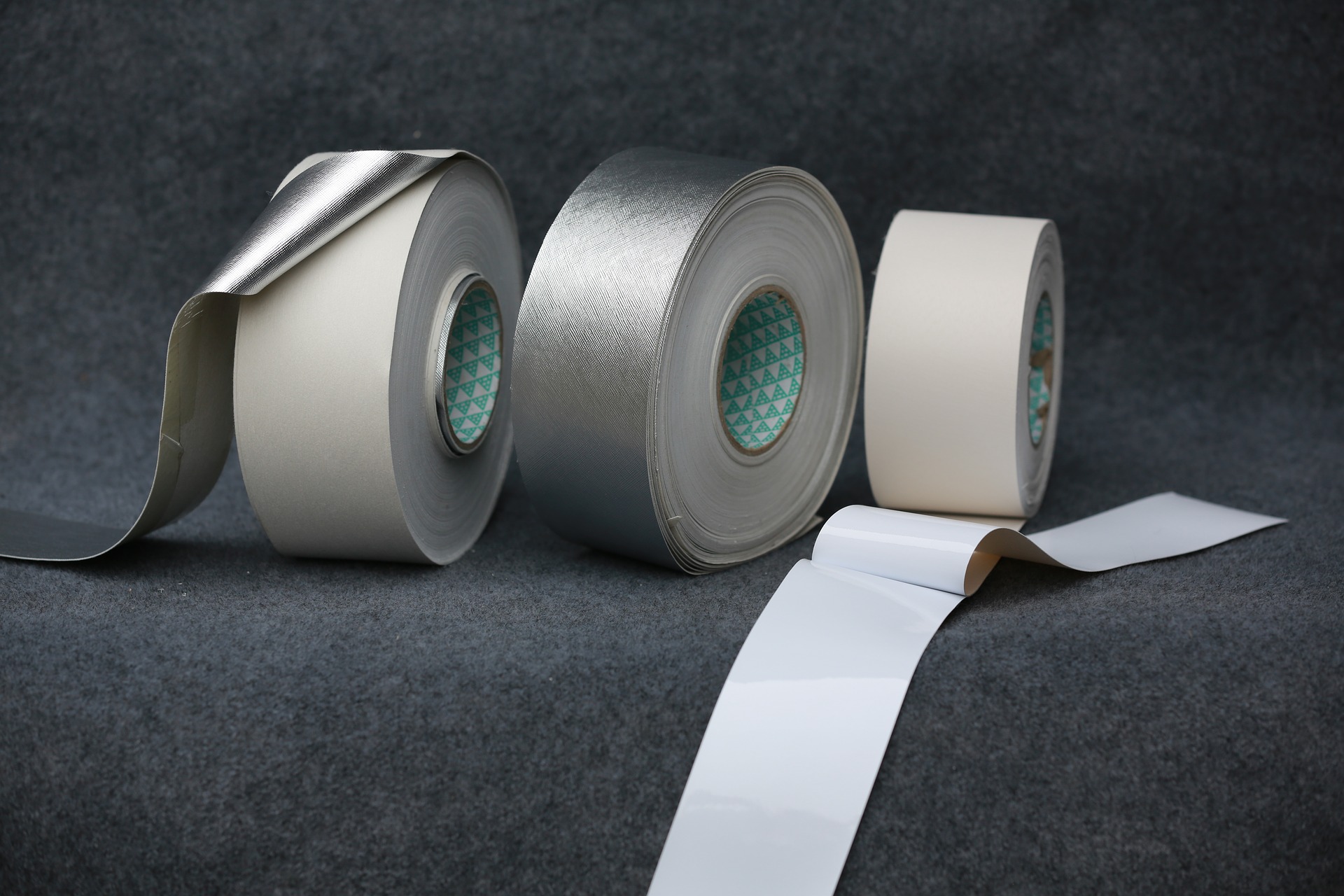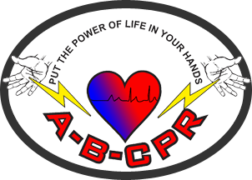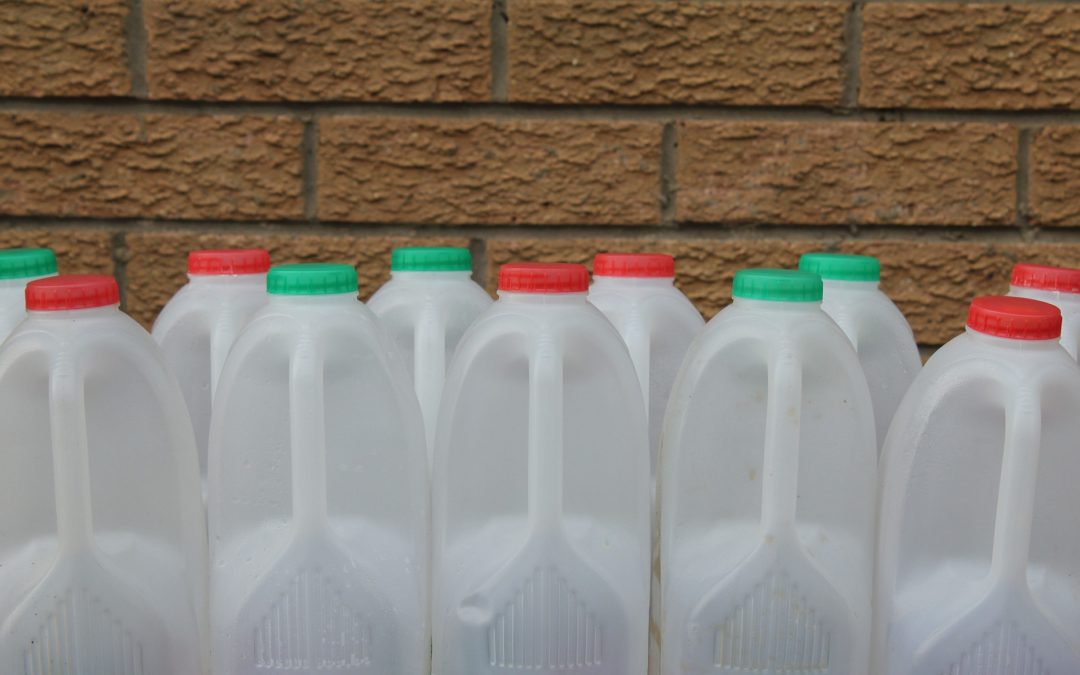Disasters strike without warning, but having an emergency preparedness checklist can make all the difference. Whether it’s a natural disaster, power outage, or unforeseen emergency, being prepared ensures you and your loved ones stay safe. This guide outlines the 8 must-have items for any emergency kit, so you’re always ready for the unexpected.

1. Water: The Cornerstone of Emergency Preparedness
The most critical resource in any emergency is water. You need one gallon of water per person, per day to stay hydrated and handle basic hygiene. Plan for at least a two-week supply for every member of your household, and store it in durable, sealed containers to prevent contamination. Don’t forget to include extra water for pets!
2. Non-Perishable Food: Stock Up Smartly
Food is a necessity during extended emergencies. Keep a supply of non-perishable items like canned goods, freeze-dried meals, and energy bars. Aim for a two-week stock, and store everything in waterproof containers to ensure it remains safe and edible. Be sure to include a manual can opener if your food requires one.
3. First Aid Kit: A Lifesaver in Emergencies
A well-stocked first aid kit is essential for treating injuries during a disaster. Include basics like bandages, antiseptic wipes, pain relievers, and medical tape. If you or a family member take prescription medications, add a backup supply to your kit. For a detailed guide to building your kit, check out our First Aid Kit article here.
4. Multi-Tool: Your Emergency Toolkit Essential
A Swiss Army knife or multi-tool is invaluable in emergencies. It combines multiple functions, such as a knife, scissors, screwdriver, and can opener, into one compact device. This versatile tool can help with everything from food preparation to minor repairs.

5. Duct Tape: The Fix-All Solution
Duct tape is a must-have for your emergency kit. It’s incredibly versatile—use it to repair broken items, seal leaks, or even create makeshift shelters. Its durability makes it indispensable for handling unexpected challenges.
6. Emergency Blankets: Compact Warmth When You Need It
Emergency blankets are lightweight, space-efficient, and designed to retain body heat. They’re essential for staying warm in cold conditions or during a power outage. Keep one blanket per person in your kit. They can also double as ground covers or waterproof barriers in a pinch.
7. Hygiene Items: Stay Clean, Stay Healthy
Good hygiene is vital in emergencies to prevent illness. Pack items like toothbrushes, toothpaste, deodorant, hand sanitizer, and feminine hygiene products. Baby wipes are a great addition for quick cleanups when water isn’t available.
8. Flashlights and Batteries: Light Your Way to Safety
In a power outage, a reliable flashlight is essential. Opt for LED models, which last longer and are more energy-efficient. Store plenty of extra batteries, or choose a solar-powered or hand-crank flashlight for extended use. This ensures you’ll have light when you need it most.
Additional Preparation Tips
Building an emergency preparedness checklist is just the first step. Consider enhancing your readiness by learning life-saving skills like First Aid and CPR. These skills can make a significant difference in emergencies, enabling you to act quickly and effectively.
We offer blended CPR and First Aid courses that combine online learning with hands-on practice. Sign up today to prepare yourself and your loved ones for any situation.
While we hope you never need to use your emergency kit, being prepared will bring you peace of mind and potentially save lives. Start building your kit today and take the necessary steps to ensure your family’s safety.

